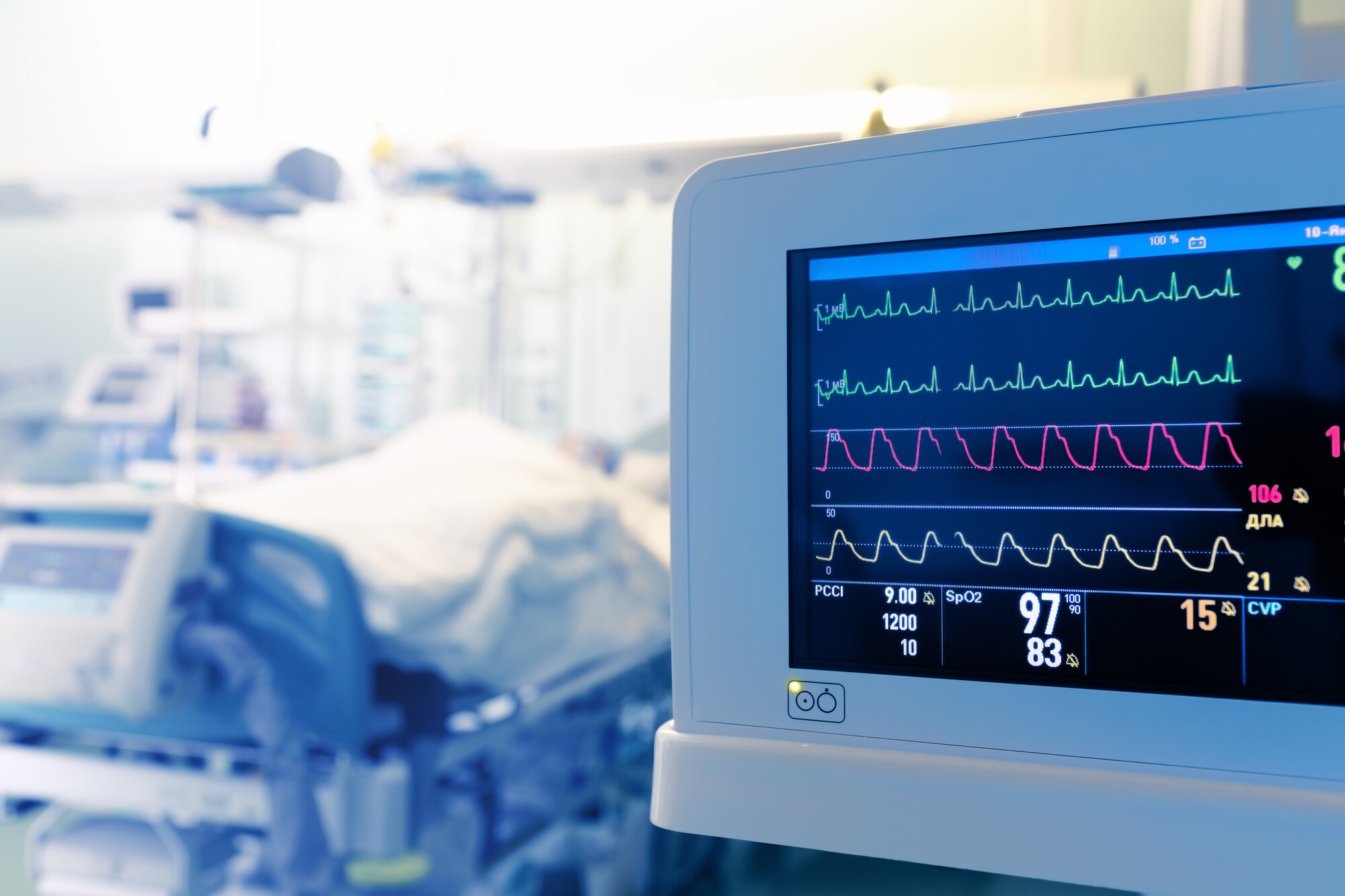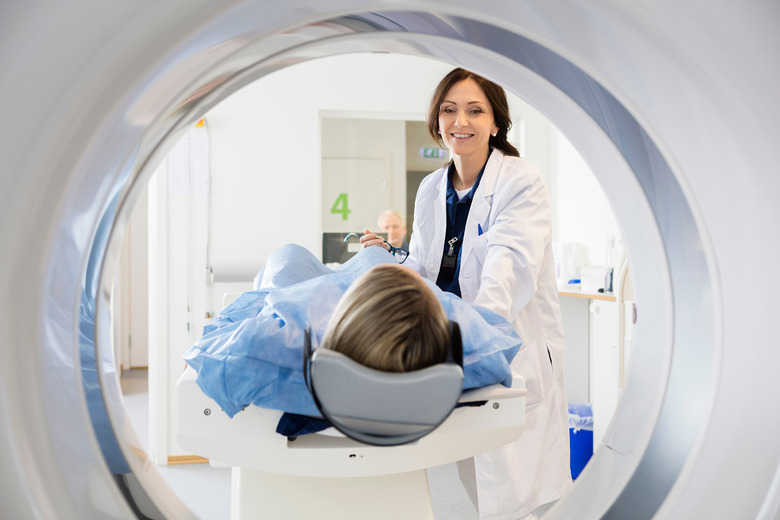New AI System Can Identify People Likely To Suffer A Heart Attack 10 Years In The Future
A group of scientists at Oxford University have devised a new AI heart attack scan that can detect if someone will suffer a heart attack within the next decade. Reports suggest the system could soon be in operation all across the United Kingdom.
The technology could be capable of saving thousands of lives per year, the creators say. The National Institute for Health and Care Excellence (Nice) and the NHS are expected to make a decision on their assessment of the technology before the end of the year. Over 300,000 people report suffering severe pains in their chests each year, and many are given CT scans to determine if they are suffering from abnormalities within their hearts.
However, less than 20 percent of those scanned actually show obstructions. The other 80 percent are sent home, often with misplaced reassurances, a doctor told The Guardian. With this new AI heart attack scan, though, doctors would be able to look deeper at the issues, and hopefully provide patients with more definitive answers.

The technology is heavily based on the damage caused by inflammation of arteries that isn't always picked up by a CT scan. If the AI can find this "hidden" information more reliably, then it could certainly provide better options for patients who might be at risk for a heart attack. Of course, like anything using AI, I have concerns about how doctors are combating common AI problems like hallucinations.
It's unclear exactly how much of a problem that might be in medical AI like this AI heart attack scan, but studies on the scan have shown that doctors agreed with the scan's data in 45 percent of cases, even changing the treatments of the patients involved in those study cases based on the technology's findings.
We've seen claims that Google's medical AI can outperform real-life doctors. Like anything, these systems will clearly need checks and balances, but it just shows how helpful something like this can be when we properly maintain it.
